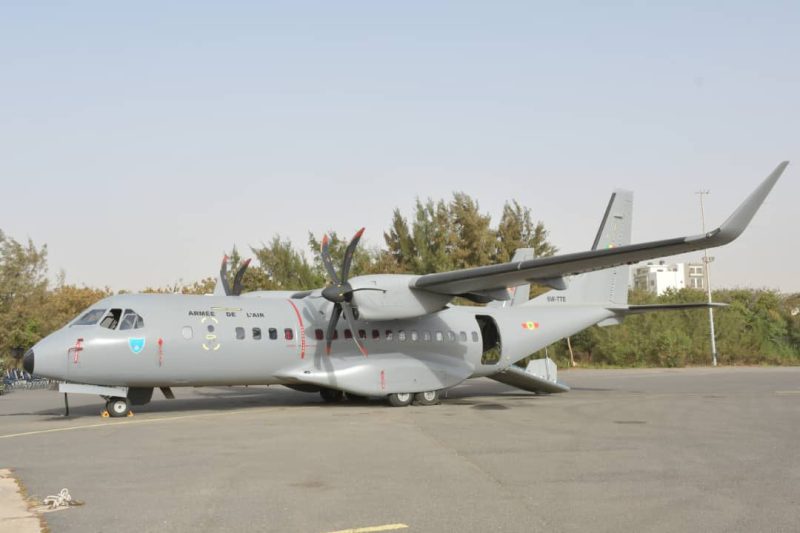India’s aviation education landscape has witnessed a significant boost with the recent approval of the first Flying Training Organisation (FTO) in Tamil Nadu by the Directorate General of Civil Aviation (DGCA). EKVI Air Training Organization Pvt Ltd has been granted permission to operate from Salem Airport, marking a significant milestone for aspiring pilots in the region.
Empowering Aspiring Pilots through Training Opportunities
The approval of EKVI Air Training Organization Pvt Ltd brings new hope and opportunities for aspiring pilots in Tamil Nadu. With access to professional training programs, students can now embark on a journey towards fulfilling their dreams of becoming skilled aviators. The FTO’s comprehensive training curriculum will encompass theoretical classes, flight simulator sessions, and practical flight experience, ensuring a well-rounded education that prepares students for the dynamic aviation industry.
About the Directorate General of Civil Aviation
The Directorate General of Civil Aviation (DGCA) is the regulatory authority responsible for overseeing civil aviation in India. Its main focus is on ensuring safety in air transport services to, from, and within India. The DGCA enforces civil air regulations, air safety standards, and airworthiness criteria. It also coordinates its regulatory functions with the International Civil Aviation Organization (ICAO).
- In the past, the Indian aviation industry was dominated by government-owned airlines, which were nationalized under the Air Corporations Act, 1953.
- However, in the mid-1990s, the government adopted an open-sky policy, allowing private operators to enter the aviation business. This led to the rise of private airlines, including low-cost carriers, which have made air travel more affordable in India.
- The DGCA has several responsibilities, including the registration of civil aircraft, setting airworthiness standards for Indian-registered aircraft, and issuing certificates of airworthiness. It also licenses pilots, aircraft maintenance engineers, flight engineers, and air traffic controllers.
- The DGCA certifies aerodromes and communication, navigation, surveillance/air traffic management (CNS/ATM) facilities. It grants Air Operator’s Certificates to Indian carriers and regulates air transport services operated by Indian and foreign operators. The DGCA conducts investigations into accidents and incidents, takes measures for accident prevention, and promotes safety management programs.
- Additionally, the DGCA is involved in amending aviation-related legislation to align with international standards set by ICAO. It collaborates with military air traffic agencies to coordinate airspace usage and interacts with ICAO to secure more air routes for civilian use.
- The DGCA also monitors and regulates aircraft noise and engine emissions in compliance with ICAO Annex 16. Furthermore, it supports indigenous aircraft design and manufacturing by acting as a catalyst. The DGCA approves training programs for the carriage of dangerous goods and issues authorizations in this regard.
In summary, the DGCA plays a crucial role in regulating and ensuring the safety of civil aviation in India. It oversees various aspects, including aircraft registration, airworthiness standards, licensing of personnel, certification of facilities, accident investigation, legislative amendments, airspace coordination, environmental compliance, and promotion of indigenous aircraft manufacturing.
Key takeaways for competitive examinations
- Director general in the Directorate of General of Civil Aviation: Vikram Dev Dutt




 Which Country is known as the Land of Co...
Which Country is known as the Land of Co...
 India’s GDP Growth Slows to 7.8% in Q3FY...
India’s GDP Growth Slows to 7.8% in Q3FY...
 National Science Day 2026: Honouring the...
National Science Day 2026: Honouring the...








